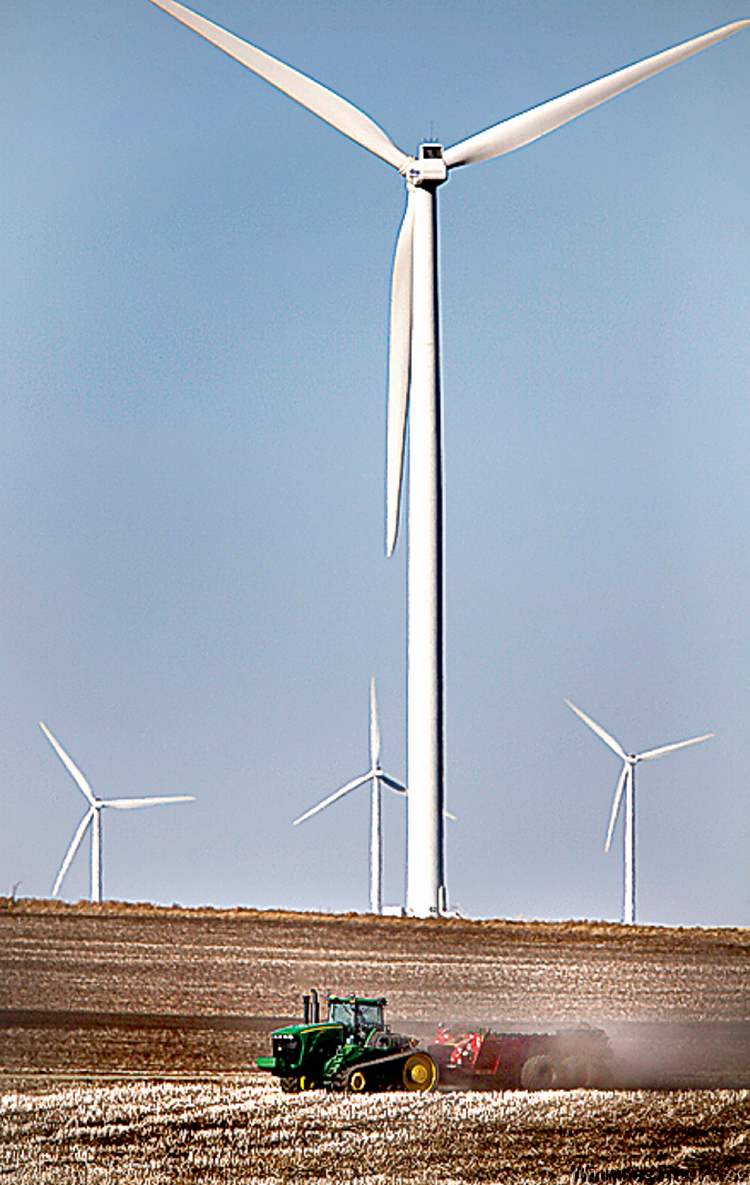Green’s out of fashion for political parties
Advertisement
Read this article for free:
or
Already have an account? Log in here »
To continue reading, please subscribe:
Monthly Digital Subscription
$0 for the first 4 weeks*
- Enjoy unlimited reading on winnipegfreepress.com
- Read the E-Edition, our digital replica newspaper
- Access News Break, our award-winning app
- Play interactive puzzles
*No charge for 4 weeks then price increases to the regular rate of $19.00 plus GST every four weeks. Offer available to new and qualified returning subscribers only. Cancel any time.
Monthly Digital Subscription
$4.75/week*
- Enjoy unlimited reading on winnipegfreepress.com
- Read the E-Edition, our digital replica newspaper
- Access News Break, our award-winning app
- Play interactive puzzles
*Billed as $19 plus GST every four weeks. Cancel any time.
To continue reading, please subscribe:
Add Free Press access to your Brandon Sun subscription for only an additional
$1 for the first 4 weeks*
*Your next subscription payment will increase by $1.00 and you will be charged $16.99 plus GST for four weeks. After four weeks, your payment will increase to $23.99 plus GST every four weeks.
Read unlimited articles for free today:
or
Already have an account? Log in here »
Hey there, time traveller!
This article was published 14/09/2011 (5170 days ago), so information in it may no longer be current.
Last election, the party leaders rather smugly toured the province in hybrid vehicles, making verdant promises about wind power and the boreal forest.
This year? Not so much.
The environment, especially climate change, has largely fallen off the political agenda. The NDP’s 15-page vision document doesn’t mention greenhouse gases or climate change at all — or biofuels, active transportation, recycling or organic farming. The party that once bragged (prematurely) about being the only province to meet its Kyoto targets has yet to make any green promises at all.

But on the other hand, neither have the Tories or Liberals.
Meanwhile, Progressive Conservative Leader Hugh McFadyen has ditched his hybrid SUV for a diesel-powered mini-bus and Liberal Leader Jon Gerrard has swapped his trademark Toyota Prius for a van.
What little debate there’s been of environmental issues has been swaddled in other, more politically expedient pledges. For once, there’s been real talk about wetlands protection and watershed planning, but more as an appeasement of angry flood victims than as evidence of environmental altruism.
And there’s been some mention of the east-side boreal forest, but it’s become a pawn in the war of words between the Tories and NDP over the location of the bipole power line and the future of Manitoba Hydro. It hasn’t sparked a larger debate about parks and protected areas and the many less-than-green industries we still allow there.
We’re only halfway through the campaign, so there’s still time for a bevy of green promises, says a hopeful Josh Brandon of the Green Action Centre. And he’s heartened by the debate over flood protection and compensation because it drives home the cost of climate change, arguably the single biggest environmental issue facing the planet.
But Brandon said the NDP in particular might want to duck the climate-change debate since the party’s Kyoto plan, released with much hoopla in 2008, hasn’t yet produced any huge emissions reductions.
The province’s auditor general has reported that the Selinger government probably won’t make good on its promise to reduce emissions by six per cent below 1990 levels by next year.
Brandon said the nuances of environmental issues don’t always make good sound-bites, and smart environmental promises often mean some voters will have to pay a little now to save a lot later. And that might not be a vote-getter in suburban Winnipeg where this election will be decided.
Probe Research’s Curtis Brown says when it comes to top-of-mind issues for Manitobans, the environment normally scores pretty low, well below health care, crime and the economy which have all dominated the politicians’ daily promises. In the last five years, only six or seven per cent of Manitobans typically ranked the environment as their top issue.
And all voters tend to care a lot less about green policy when the economy is in the tank. That was true in Manitoba in late 2008 and early 2009 when the recession hit. At that time, only two per cent of Manitobans said the environment topped their list of worries.
But Manitoba’s economy is pretty stable now, so it’s a bit of a mystery why the environment has yet to make a cameo in the campaign.
“I am not sure why we seem to be too shy to talk about the environment in this election,” said Manitoba Wildlands Director Gaile Whelan Enns.
maryagnes.welch@freepress.mb.ca






